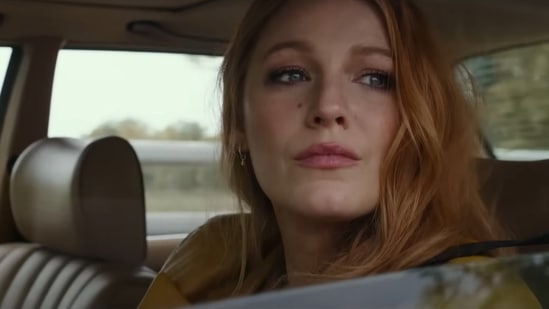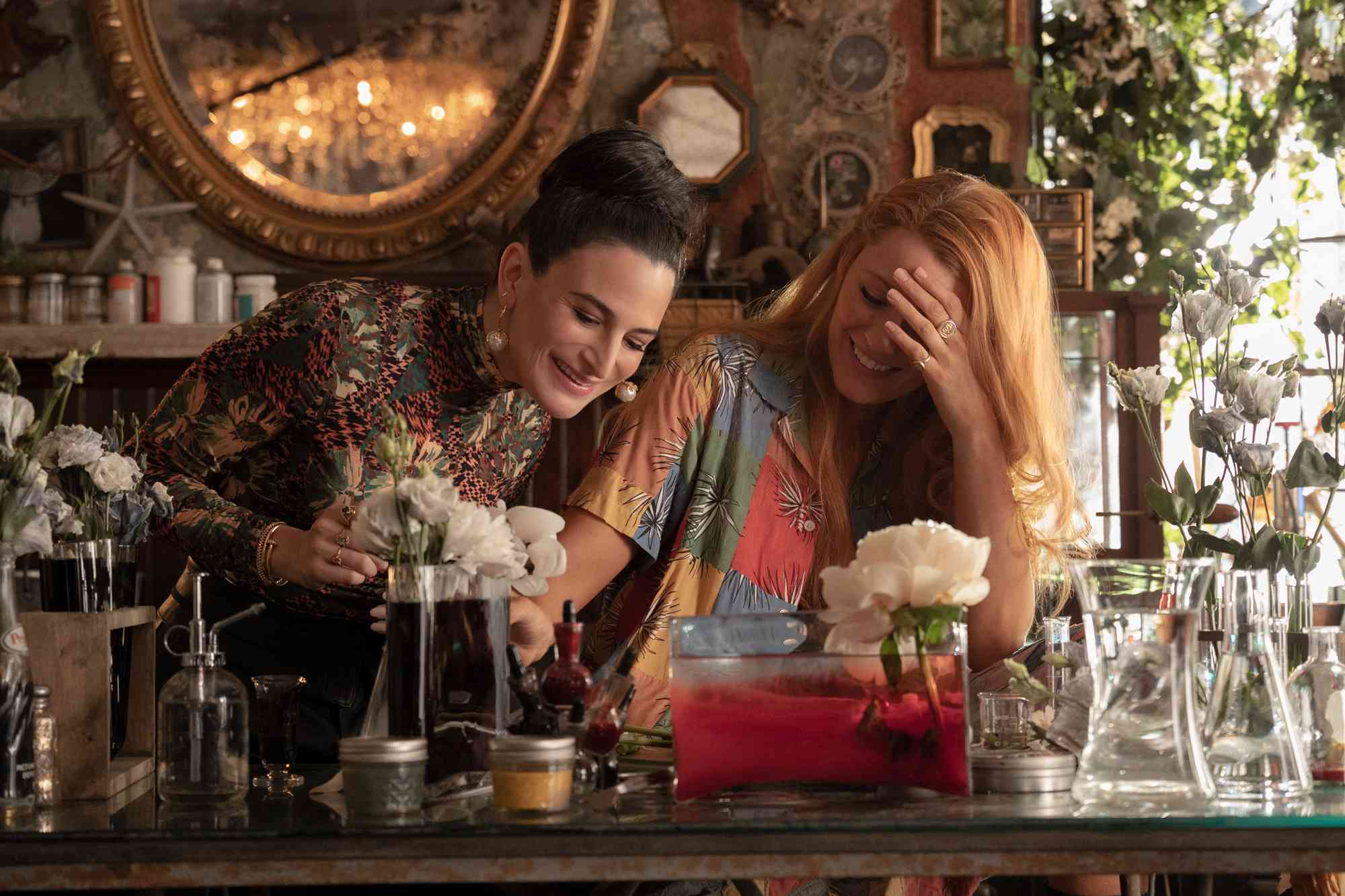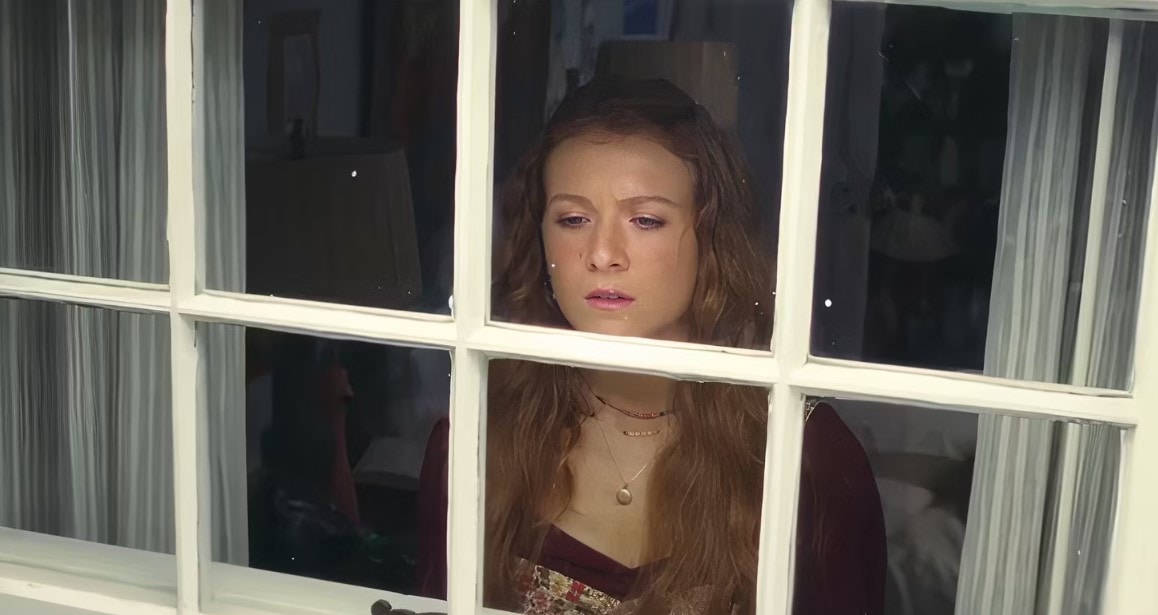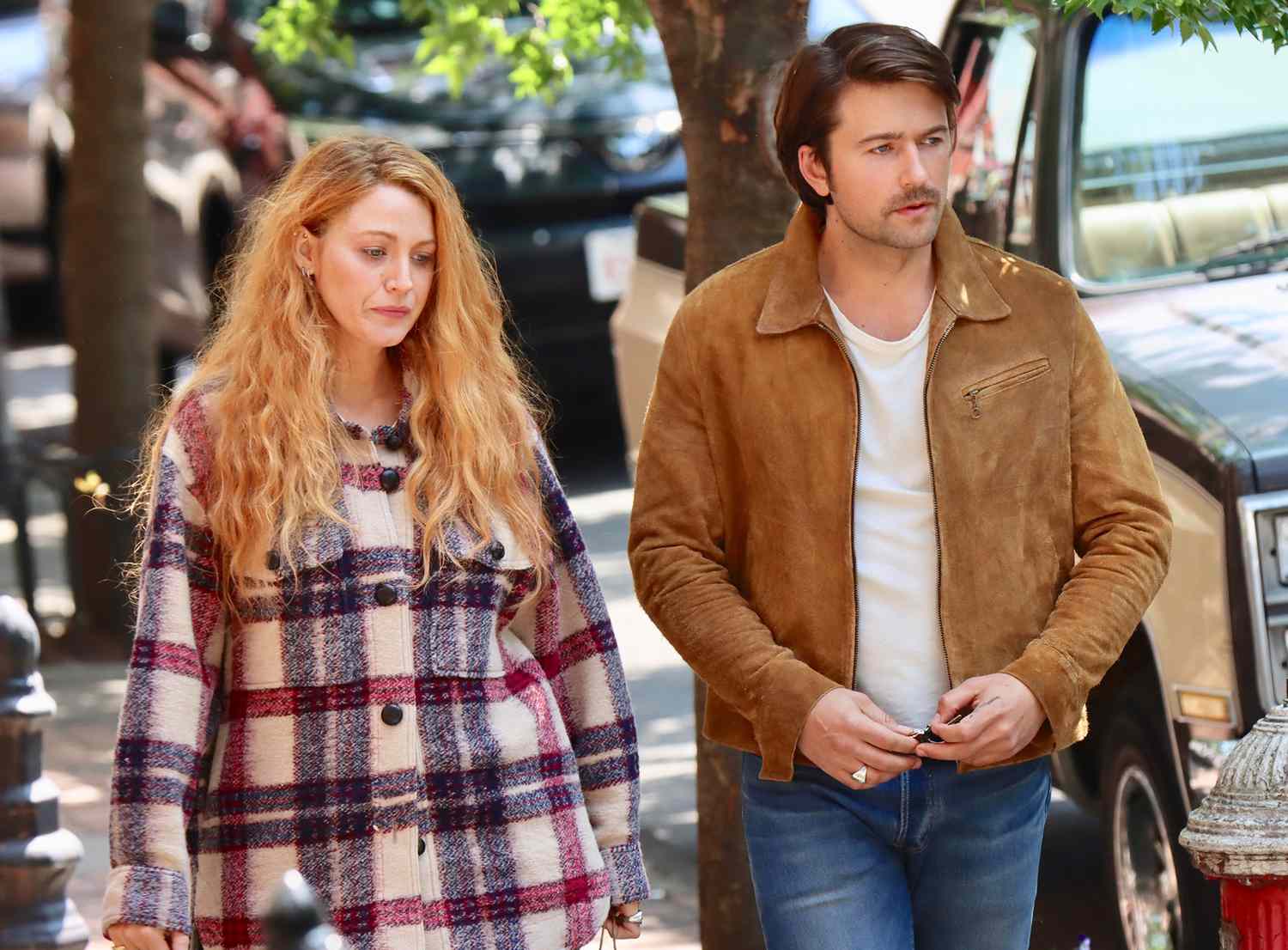Table of Contents
No wonder Blake Lively has gone full floral with her wardrobe for the promotions of her new movie, It Ends With Us. Directed by Justin Baldoni, the film judiciously uses flora as a symbol of life and caregiving. As Lily Bloom, a florist, Blake’s character is synonymous with and surrounded by flowers, yet she takes a while to comprehend and implement what they’ve been trying to whisper to her for years. Blinded by her foundation, she fails to realise for long that the solution to her problem has been lying with her all along.

(Also Read: Blake Lively source blames ‘rude statement’ for 2016 ‘nightmare’ interview backlash amid It Ends With Us drama)
Obsessed with decay
Early on in the film, when Lily is transforming her newly purchased decrepit store into a flower shop, she’s greeted by her to-be BFF Alyssa, who claims she hates flowers (we later learn that’s because her childhood association with flowers is from her younger brother’s funeral). Lily, however, argues that she relishes what flowers stand for – small shelf life but great storytelling. It shows how obsessed she is, subconsciously, with the idea of beauty in decay.

Plants vs trees
In a flashback sequence, Lily is seen planting her vegetables and other plants in her home’s backyard. It seems to be her escape – a refuge to nurture – from her family life, given that her father is a domestic abuser and her mother seems to be deriving pleasure out of that. Pretty much like Nicole Kidman’s character from Big Little Lies, who yearns for her abusive dead husband even after his death. As her therapist puts it, “Some war veterans are too used to scars. They can’t handle peace.”
Lily finds an ally in her neighbour Atlas, who has gone a step ahead from Lily and walked out of his home because his mother keeps dating abusive men. Watching Lily look after the saplings, Atlas remarks that humans also need similar caregiving. What you reap is what you sow. But Lily gives him a lifelong pep talk when she points out that some humans are like oak trees – who don’t need any external caregiving and can flourish into their optimum form on their own. Unlike other plants, the roots of an oak tree are self-sufficient.

Back to the roots
Lily goes on to marry Ryle (Justin Baldoni), a neurosurgeon and the brother of her BFF. She really blooms in those years – moving to a new town, starting her own shop, finding new friends, falling in love. It’s when she visits a restaurant named Roots – serendipitously owned by Atlas – that she flags that Ryle has been assaulting her. But Lily, neck deep into her bed of roses, clarifies that it was an accident. Earlier, we also see the ‘accident’ from Lily’s POV – it does come across as one because of how swiftly Ryle tends to her after the strike. “I’m not your mother,” Lily tells Atlas, only for him to respond with, “So are you turning into yours?”
A couple of similar incidents later, it dawns upon Lily that she’s no oak tree. As much as she envisaged an independent life for herself, she’s still caged by her childhood and genetics. Unlike her mother, she flees her husband’s home as soon as she realises that she’s being gaslit. Instead of getting to a point where she becomes immune to his abuse cycle – or worse, starts enjoying it – she runs away as fast as she can. The eerie epiphany is pretty much like Nicole’s in Big Little Lies – when she pushes one of her sons after he verbally abuses her. “No, you won’t be like him (her husband),” she screams.

An oak tree for a green flag
Lily goes back to Atlas, the only refuge she’s known. She realises that he’s the oak tree she wanted to be – free of the trappings of the hereditary cycle of abuse. He’s not like Meryl Streep’s character in Big Little Lies who seeks her late son’s justice only because she wants to rid herself of her own guilt of not raising him well. Or like Bill Murray’s character in Sofia Coppola’s On The Rocks (2020), who makes his daughter (Rashida Jones) suspect her husband of cheating only so he could bond with her and make up for the time lost on his own misadventures when she was younger.
Through the rest of It Ends With Us, you feel like Lily will circle back to Ryle because she’s wired that way. She even decides to keep his baby from when they were together. She also welcomes back him into her life when she’s about to deliver because her daughter needs a father. She goes on to name her after his late brother. But moments later, she also makes it clear that while he can be a part of her life as her daughter’s father, he doesn’t need to be her husband anymore. She firmly asks for a divorce and merely asks if he’ll ask his daughter to go back to her boyfriend if he abuses her. “It ends with us,” she tells her daughter after Ryle leaves, gloriously rising from the ashes of a dead lily into a blossoming oak tree.

